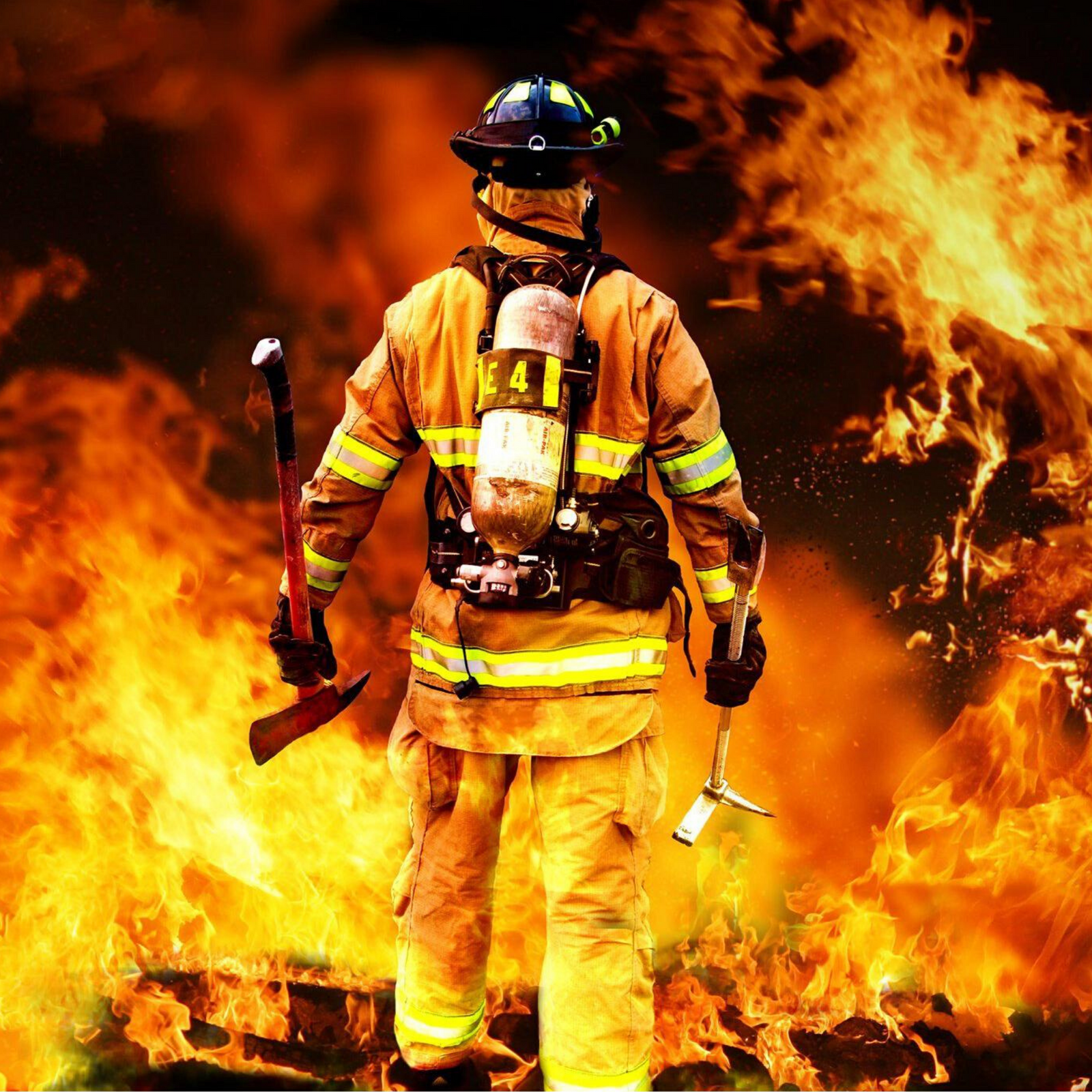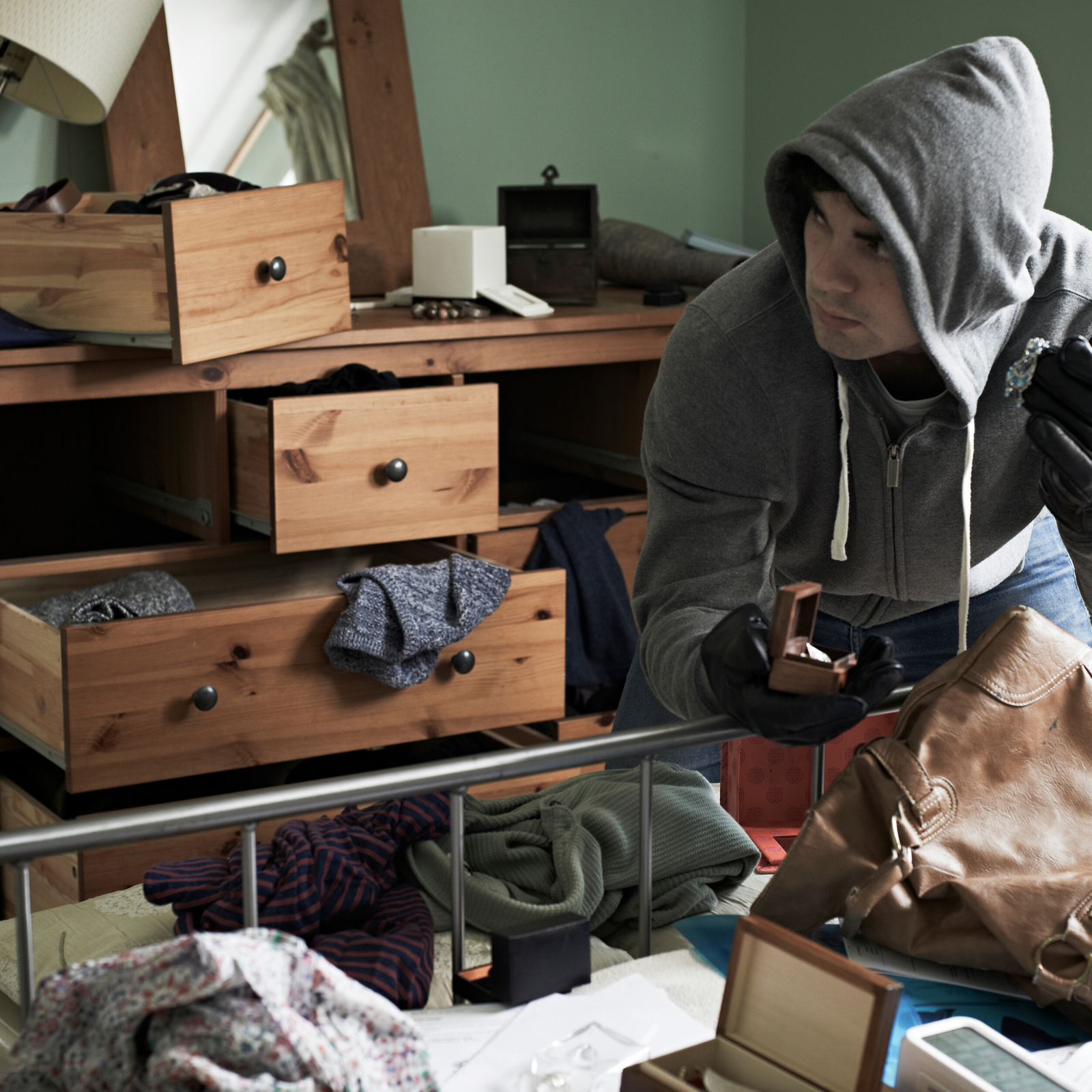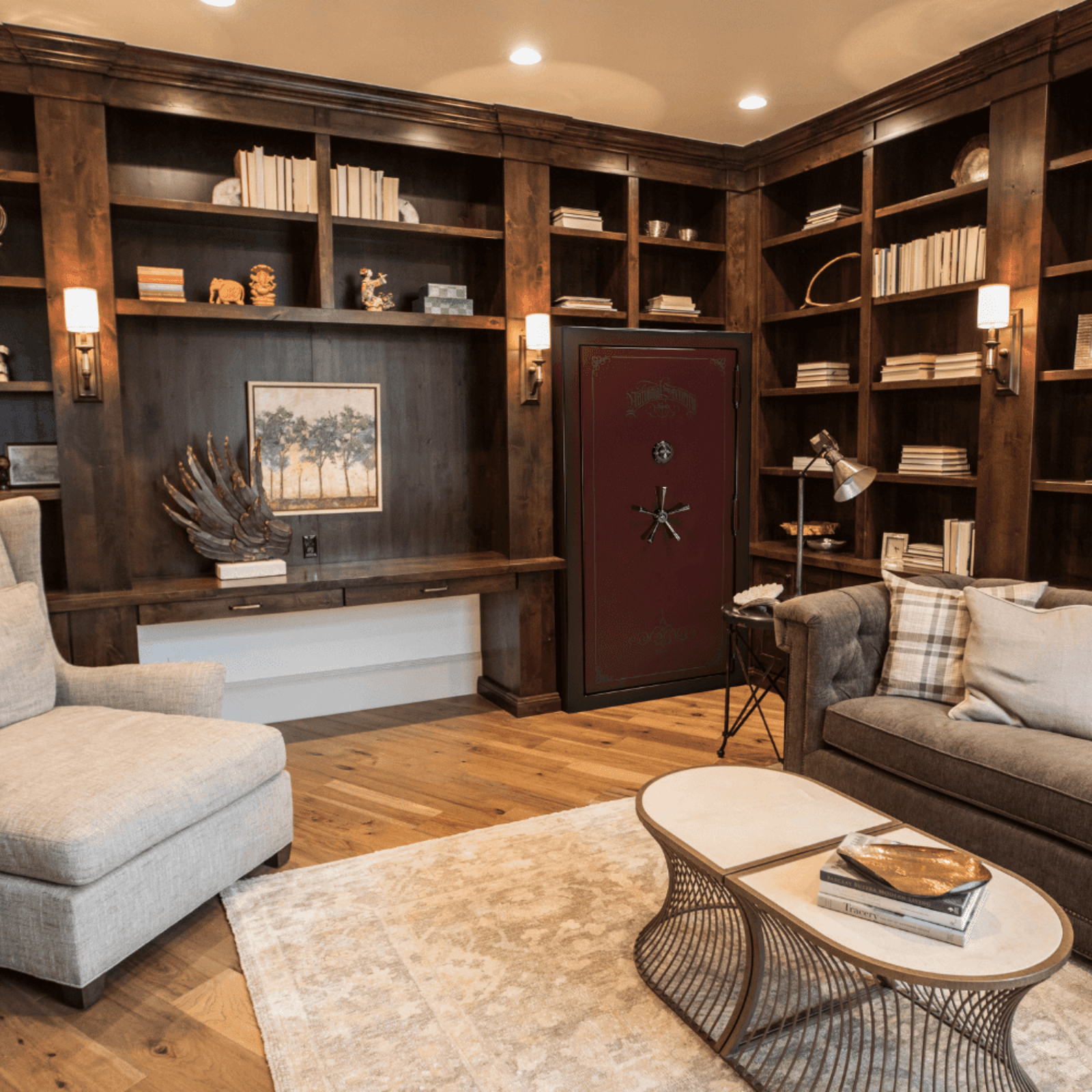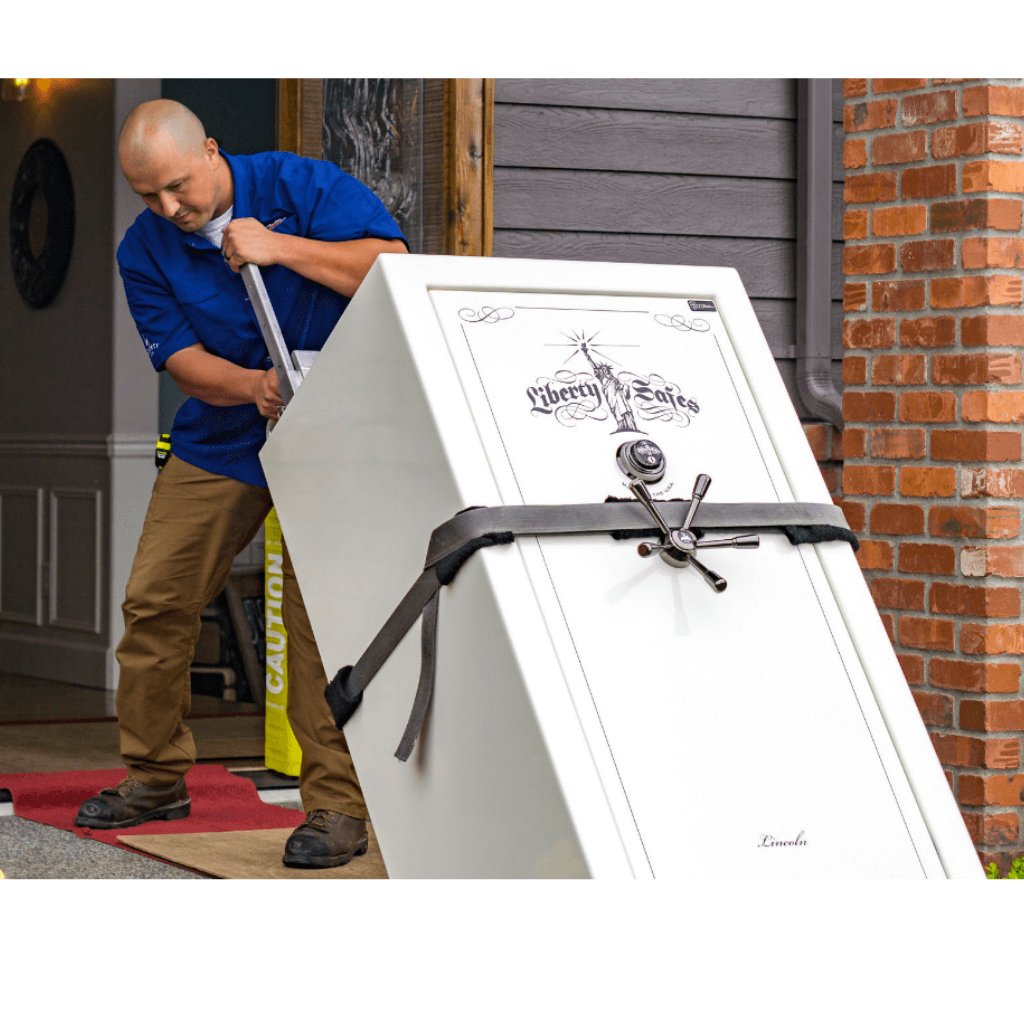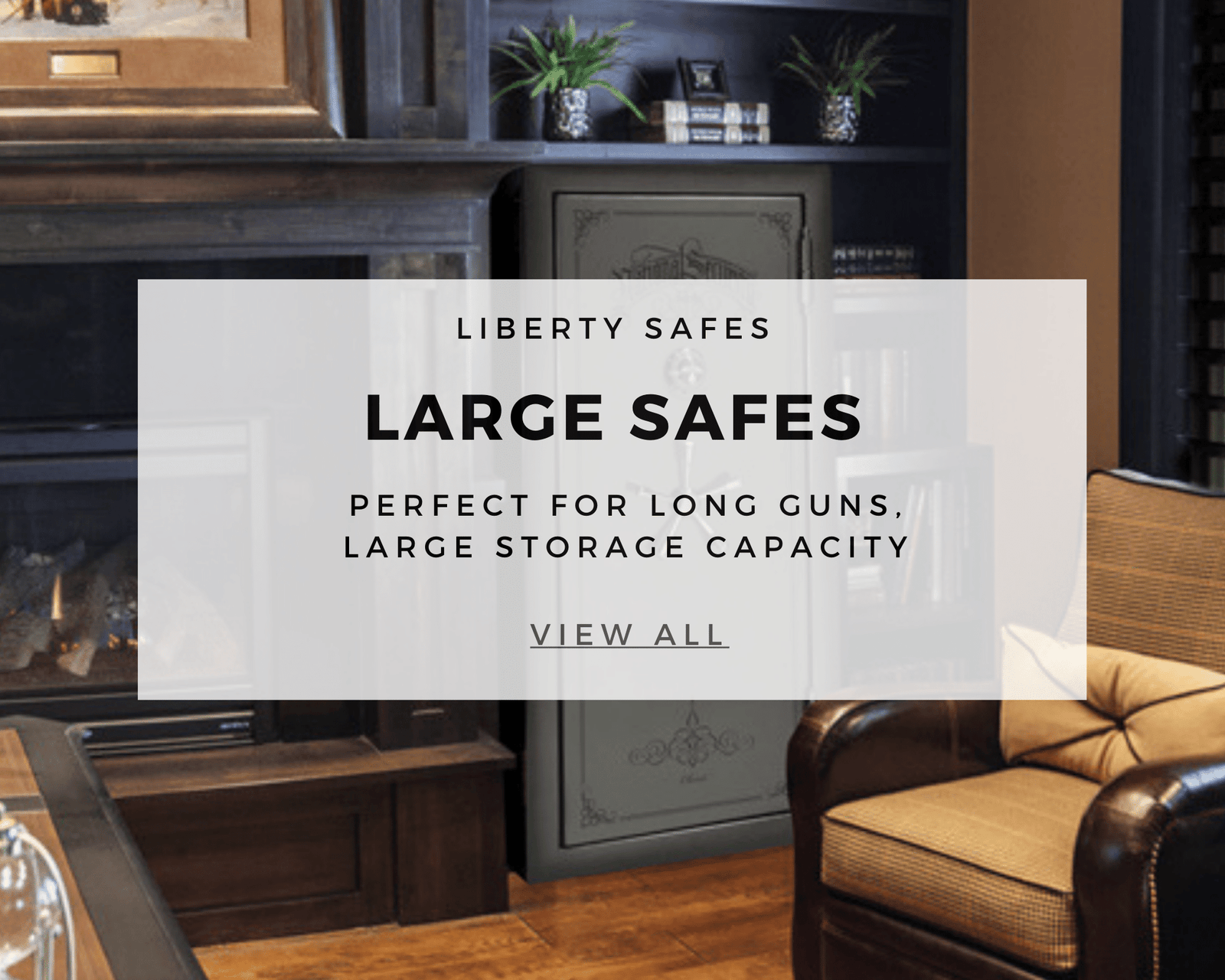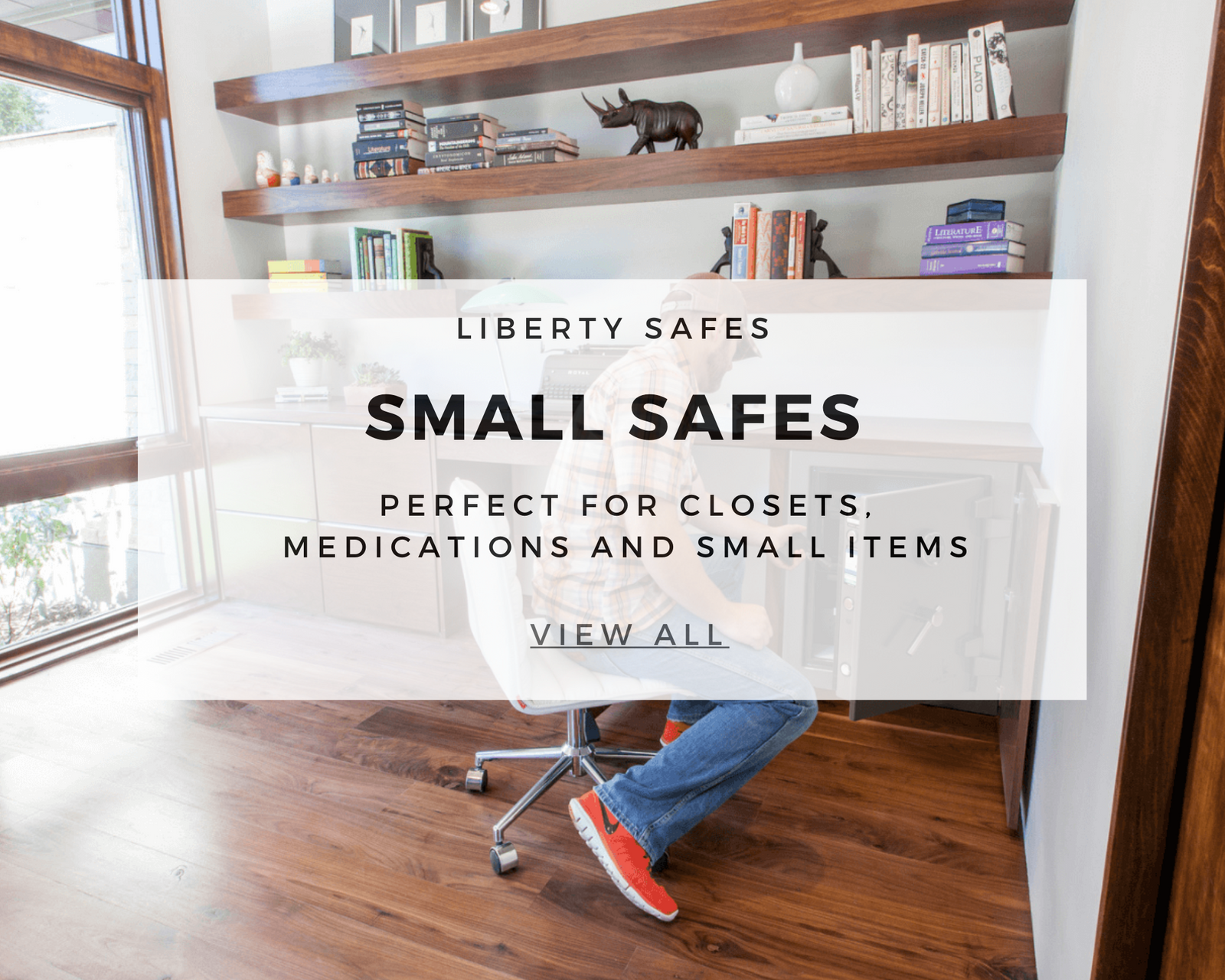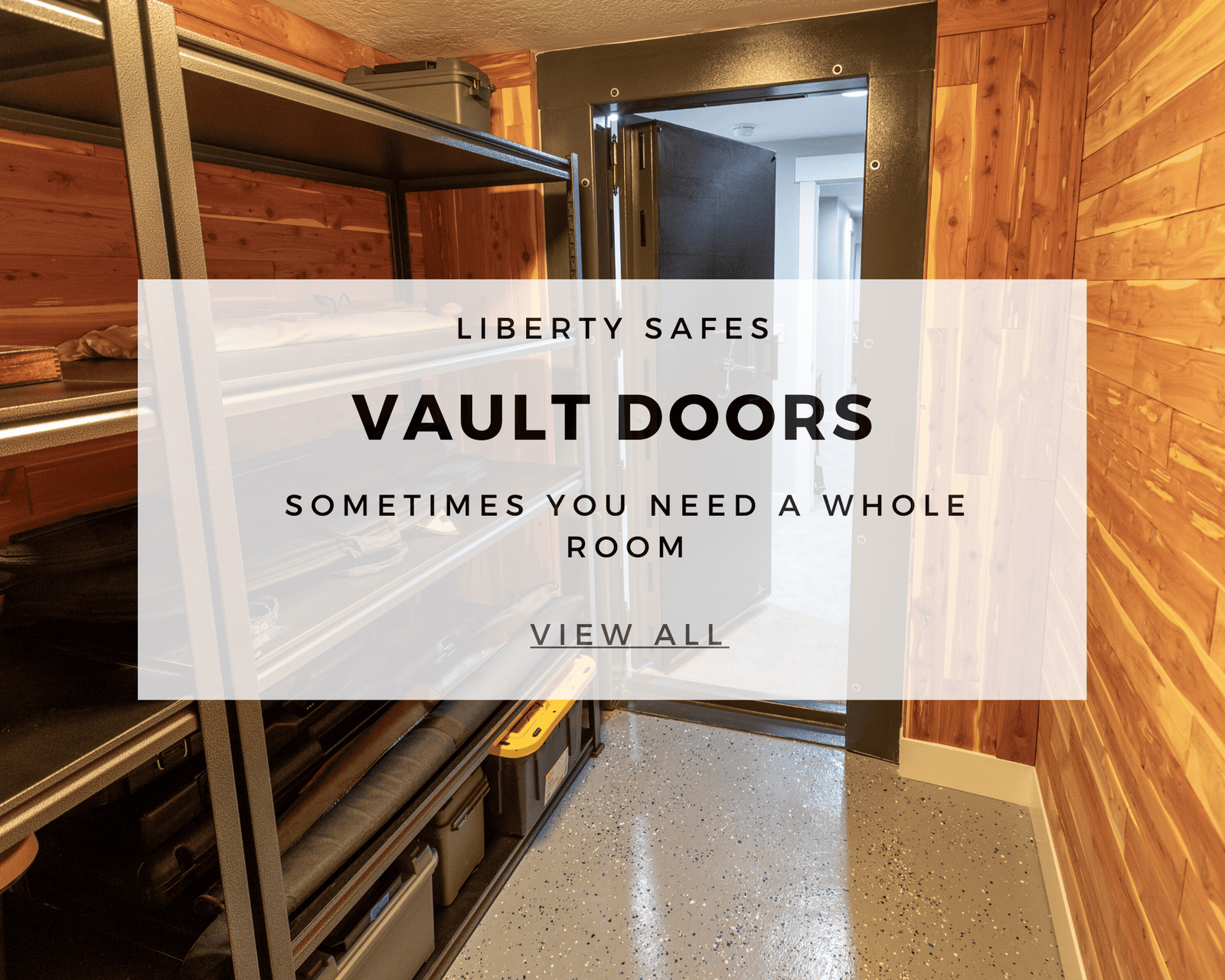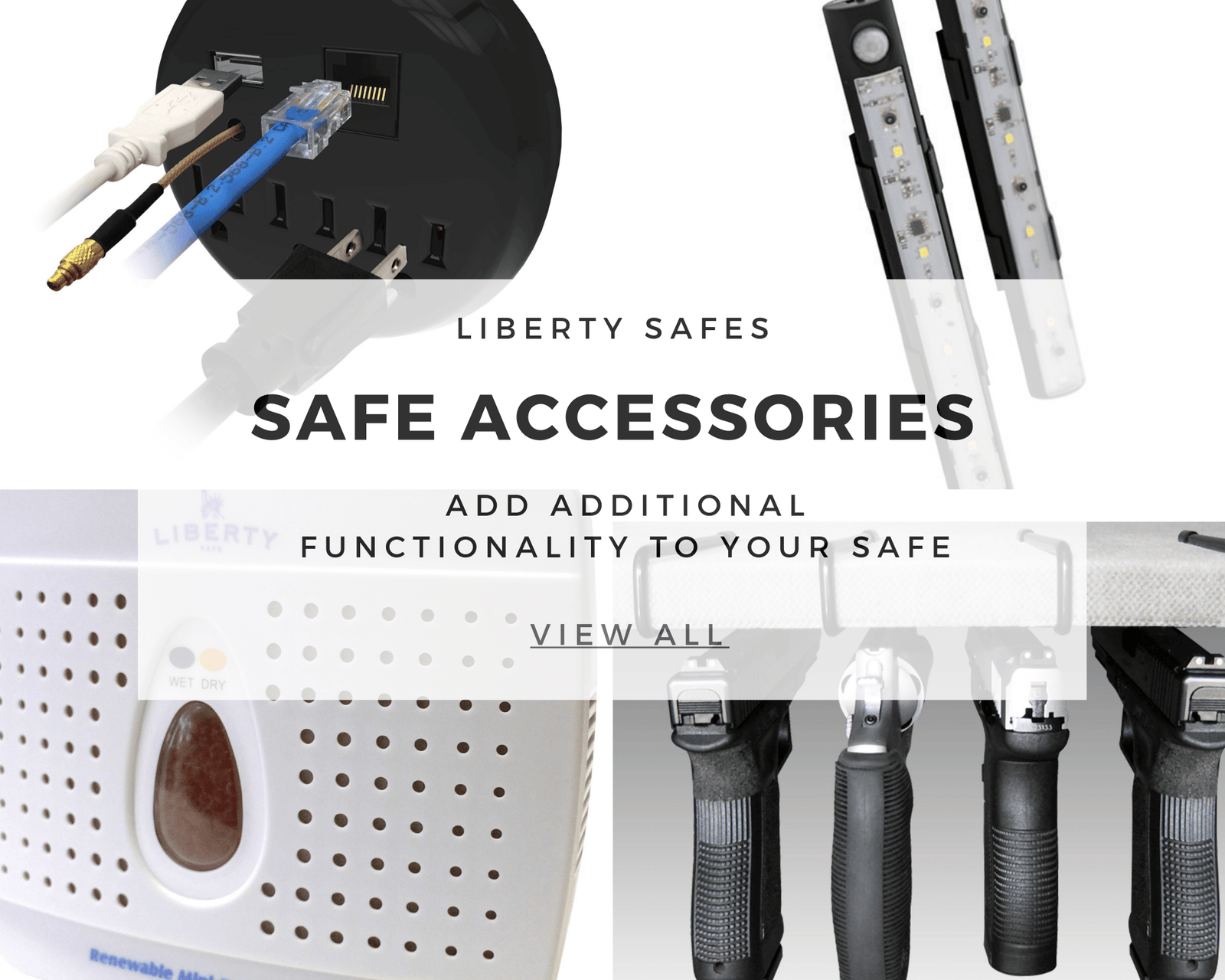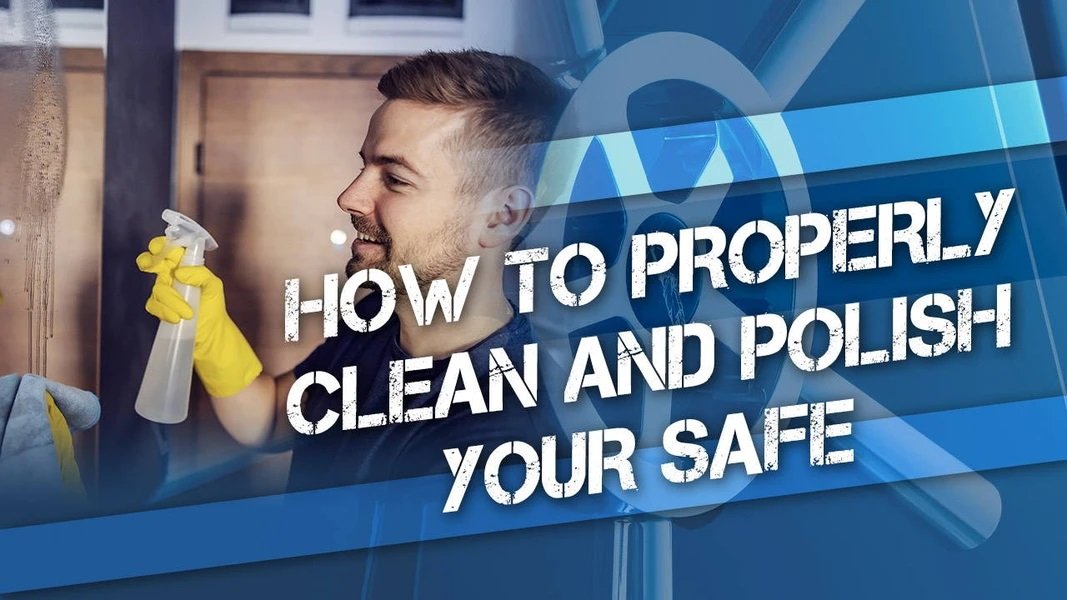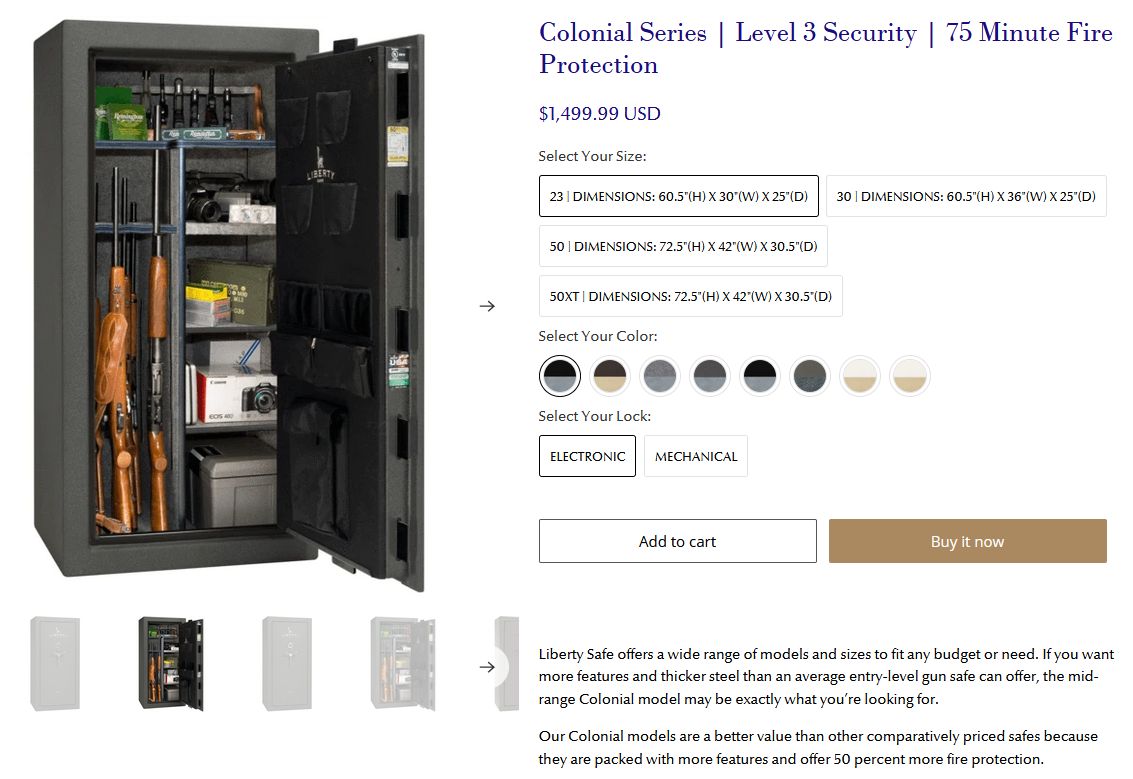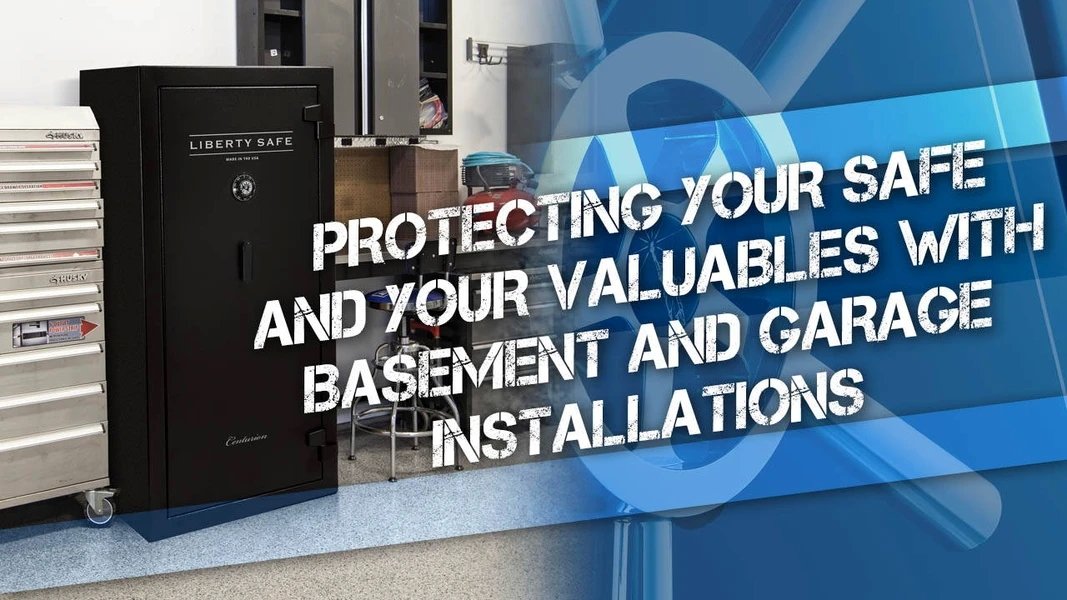
The preferred and most secure way to bolt down a gun safe is on a cement surface using heavy-duty anchors or bolts. This can also be done inside homes on a concrete slab foundation. While there are some definite issues you should consider first, it is possible to install your safe in your garage or basement, provided you are aware of the risks and take the proper precautions.
Moisture, Humidity, and Gun Safes Don’t Mix
Garages aren't usually heated or air-conditioned. Sometimes basements aren't, either. They are more likely to be damp from moisture and humidity accumulating on top of the concrete. And of course, basements are at risk of flooding.
Because of its iron content, steel is naturally vulnerable to rust, which is why we use pickled and oiled steel before we begin the manufacturing process. This is a process that washes away any impurities in the steel, then oils it to protect it from rust and impurities.
To protect the bottom of your safe from moisture in a basement or garage, it’s a good idea to either epoxy the floor or put a rubber mat under it before bolting the safe down.
Another consideration is whether your basement or garage is at risk of flooding. If it is, consider elevating your safe on a base. A steel base that you can anchor into the floor, then anchor your safe to, would be best. You can also use a wooden platform or even cinder blocks to allow water to flow underneath.
Just keep in mind that elevating your safe on a base could cause a security risk. If it's high enough, thieves can put a jack underneath it and tip your safe off the base, which makes it easier to haul off or pry the door off. You also won't be able to anchor the cinder blocks to your floor, or your safe to the blocks, which presents security and safety hazards. You may be able to anchor your safe to the wall, but be aware of the ramifications of elevating your safe on a base.
For flood protection in a basement, consider getting a sump pump, and make sure to test your pump and its back-up battery on a regular basis.
Protecting the Contents of Your Safe
What helps keep the contents of your gun safe protected from a fire can work against you if you have your safe in an area prone to moisture and humidity. Fire-board that acts as insulation against heat and fire can absorb moisture. When moisture gets into your gun safe, it can harm whatever items you keep inside it:
- Cash, photos, and documents can mildew and smell musty.
- Guns can rust.
- Jewelry can become tarnished.
You can prevent this from happening with accessories designed to lower the humidity inside your safe.
Dehumidifiers heat the air inside your safe and allow for dry air to circulate within. This also forces moist air out through the small cracks around the door of your safe. Another option is using a desiccant, which doesn’t require a power source. It can passively absorb the moisture in your safe, keeping it away from your valuables.
Ask your local Liberty dealer about all the accessories we offer for combating humidity in your gun safe.

